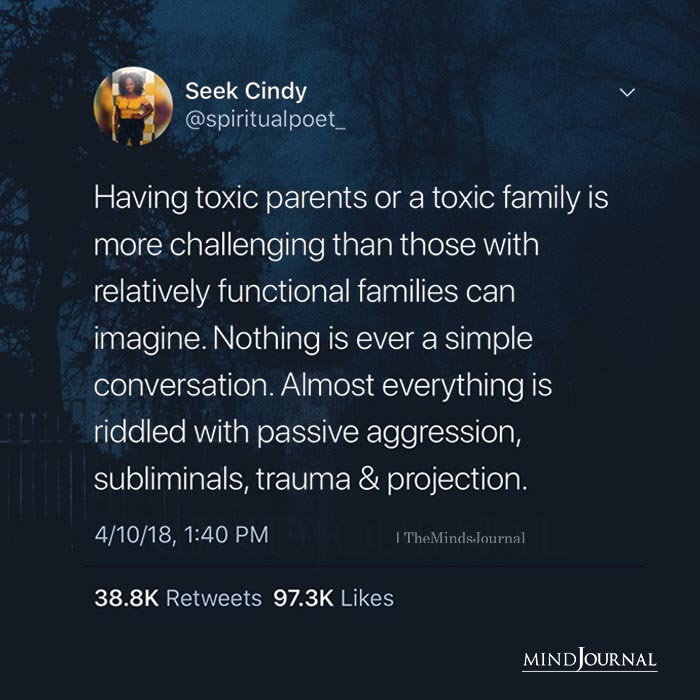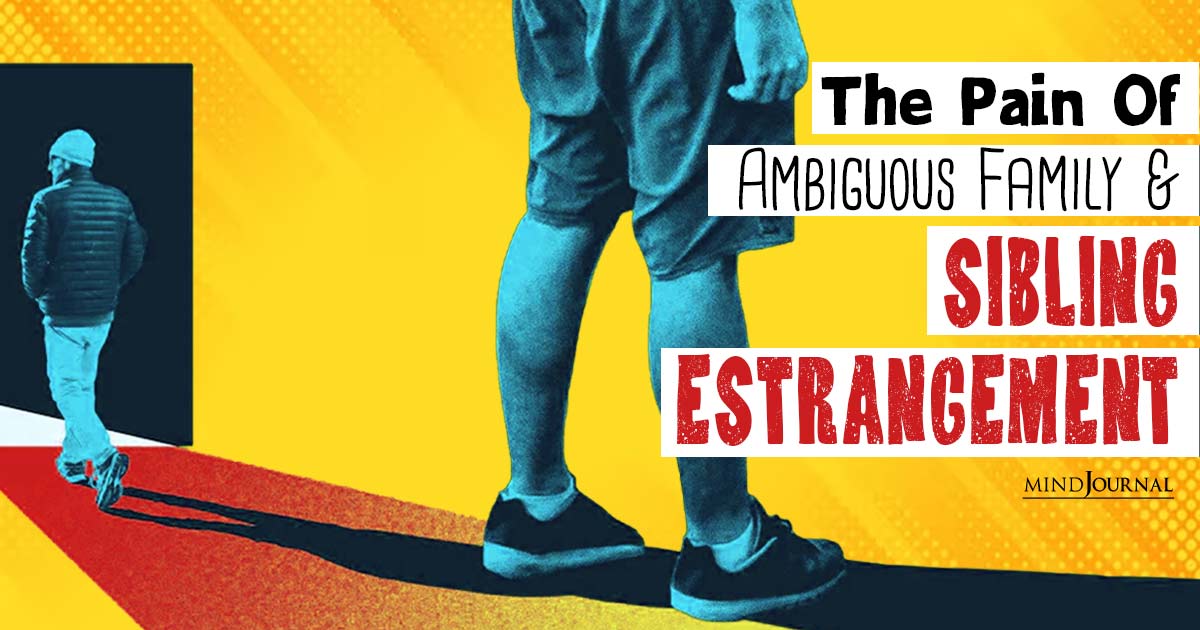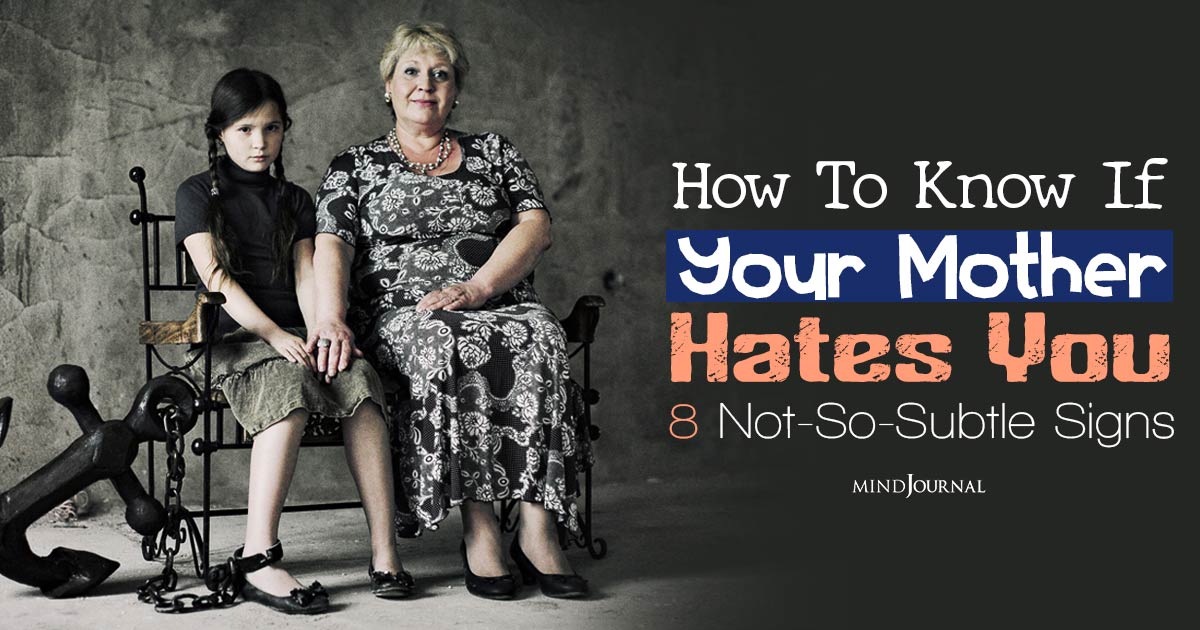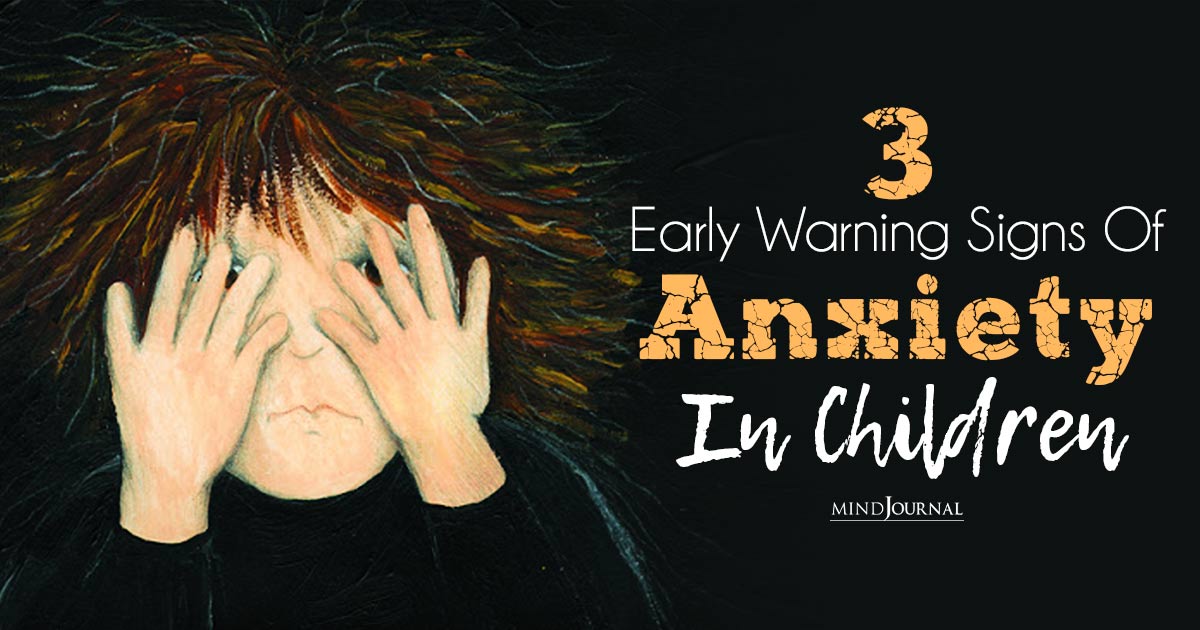Be it family or sibling estrangement, it can be a really, really painful thing to live with in life. Especially, if the estrangement is ambiguous. What should you do when confronted with a situation like this? Read on to explore that.
KEY POINTS
- Usually, there are two parties in an estrangement.
- Siblings use a variety of tactics to control how close they are to a brother or sister.
- Some siblings alternate between breaking and resuming contact, cycling through estrangement and reconciliation.
When a 63‐year‐old friend learned that I was conducting a survey on sibling estrangement for my book, he emailed me to see if he qualified.
Twenty-five years had passed, he explained, since his older brother and he had argued over a family business matter. Ever since, they’ve had little to do with each other. They are cordial when they see each other at family events, but that’s it; they remain ultimately distant:
I hear from my brother once in a while—when someone dies or when our mother is ill in the hospital. Once a year or so, he’ll leave me a message on my birthday or for some other reason. But I haven’t really talked to him or his wife in years.
“Is this estrangement?” he asked me.
Related: 5 Ways That Family Estrangement Can Inflict Lifelong Harm
Ambiguous Family And Sibling Estrangement
The answer is yes. Kristina Scharp, an assistant professor and director of the Family Communication and Relationships Lab at University of Washington, and one of the few researchers on the topic, has created a working definition of estrangement: “It is a process where at least one family member voluntarily and intentionally distances themselves from another family member because of an ongoing (perceived) negative relationship.”
The word “estrangement” is rooted in two Latin words: extranear means “to treat as a stranger,” and estraneus means “not belonging to the family.” In sibling estrangement, the two concepts come together.
Defining Those Involved in Estrangement
A sibling may choose to physically or emotionally distance from a brother or sister to reduce conflict, anxiety, or tension in the relationship. While estrangement may spread to other family members, there are usually two parties in an estrangement:
- Estrangee: This is the person who has been cut off by a sibling. He or she has not chosen to dissolve the relationship.
- Estranger: This is the person who cuts off from a sibling. In doing so, a brother or sister may withdraw emotionally, maintain social and/or physical distance, and stop contact without ever explaining his or her reasons.
Over the years, some people switch between being an estrangee or estranger. No matter which party is which, however, both are estranged. In the case of siblings, they lack trust and emotional intimacy; often, their differences extend to having divergent values and lifestyles. The estrangement indicates that they can’t find a way to re-establish their relationship.

Various Types of Estrangement
As my friend realized, some sibling relationships may become ambiguous before sliding into estrangement. A sibling may have no idea why a brother or sister has become distant or terminated the relationship. They wonder: Have I done something wrong? Is there something bad about me? How can I fix this?
When the relationship limps along, a sibling may find a variety of ways to control the “thermostat” of its intimacy.
Estrangements often fall into the following categories:
Emotional estrangement
A sibling might deny family members emotional information—important details, even basic facts—about his or her feelings or personal life. Siblings who have infrequent, uncomfortable, obligatory contact at weddings, funerals, or holidays are experiencing a limited relationship or emotional estrangement. In this situation, siblings often feel anxious when they know they’re about to have contact.
When together, they may be pleasant and polite, avoiding contentious topics. In time, however, such a relationship often degenerates into hostility, passive‐aggressive behaviour, and open conflict. Siblings who are increasingly emotionally estranged typically spend less and less time in each other’s presence, and the relationship sometimes dwindles away to nothing.
Physical estrangement
Siblings may drastically reduce contact or completely stop seeing each other. The estrangement may happen after an insulting comment or a missed holiday—even just a raised eyebrow—but a physical estrangement actually may be the culmination of decades of unaddressed slights and irritations.
Deeper issues and resentments can build up over time; often it’s these factors, not the perceived “last straw,” that form the true roots of a cut-off.
In extreme circumstances—such as abuse, neglect, incest, alcoholism, addiction, or criminal behaviour—therapists may recommend that a sibling end contact with a family member. Even in the absence of such drastically intolerable circumstances, a sibling who feels chronically hurt, belittled, or betrayed may choose this option for self-protection, bringing an end to the toxic behaviour.
Geographic estrangement
To avoid unresolvable feelings of rage and resentment, a sibling may simply relocate far away from the family. This is a convenient way to maintain distance without requiring much justification or explanation.
While today’s intensely connected society poses challenges to a total lack of contact, “out of sight, out of mind” still holds true.
Related: How Long Does Parent-Child Estrangement Usually Last? 4 Determining Factors
Testing Different Types of Estrangement
Many siblings alternate between breaking and resuming contact, cycling through various types of estrangements and reconciliations, resulting in a chronic state of chaos. They may push limits, testing whether they can (or want to) tolerate a complete breakdown.
Years may go by as the parties try to find a mutually acceptable level of involvement. In other cases, especially when one party is the more aggrieved, the siblings just let time and distance do the work of enforcing an estrangement.
However, maintaining distance can be more difficult than establishing the cut-off in the first place. Families who might support ending an abusive marriage may pressure the estranged to repair rifts with siblings, even when the relationship is abusive. And every time holidays roll around or a relative gets married or dies, the estranged are forced to revaluate and sometimes redefine the cut-off.
Every relationship carries its own unique nuances, its own ups and downs. When estrangement slips and slides along a spectrum bounded by “getting along OK” and “dead to me,” the sibling who wants a better connection must make every effort to attain internal clarity.
It’s crucial to think carefully and realistically when analysing the potential costs, benefits, and possibilities of mending an estrangement.
Fern Schumer Chapman is the author of several books, including Brothers, Sisters, Strangers and The Sibling Estrangement Journal. She offers one-on-one coaching sessions to those struggling with sibling estrangement issues. Contact her at fernschumer@gmail.com.
References:
Agllias, K. (2017). Family Estrangement: A Matter of Perspective, Routledge, London and New York.
Written By Fern Schumer Chapman Originally Appeared On Psychology Today









Leave a Reply
You must be logged in to post a comment.